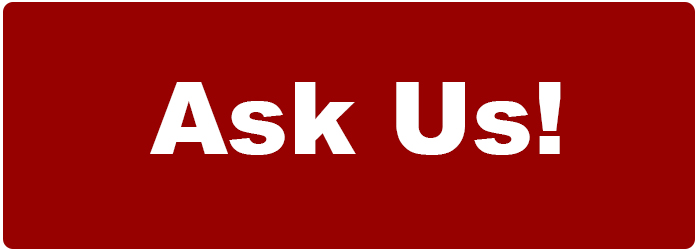African American History Month offers a wonderful opportunity to reflect on cultural and artistic achievements of African Americans. They have been making films as long as the medium has existed but faced unique challenges. African American film grew out of a caricatured, othered presentation of black culture to mainstream audiences, and had to reclaim its own narrative. But the pernicious influence of cultural stereotypes was not the only challenge.
African American cinema blossomed from decades of black performers limited to working for white directors, producers, and censors; to films that now enjoy African American talent in the writing, direction, editing, and production (and independent of white capital), which allows for richer self-expression. But earlier films should not be ignored; African American artists have been crafting meaningful and unforgettable work in whatever space they could carve out. This can be seen in works from Hattie McDaniel’s groundbreaking, if controversial, role as Mammy in Gone With the Wind (1939) to more modern works such as The Help (2011), which was criticized for minimizing historic racism and foregrounding the white experience as a lens for viewing the African American, but is still given deep resonance through the performances of Viola Davis and Octavia Spencer.
As Hollywood has recognized the importance of diversity in the film experience, more opportunities are available for African Americans on both sides of the camera, and major cultural innovations and touchstones have been created by storytellers as varied as Spike Lee, Melvin Van Peebles, Gordon Parks, Ava DuVernay, Madeline Anderson, Jordan Peele, Tyler Perry, Shonda Rhimes, and Antoine Fuqua. With the Motion Picture Academy phasing in rules which will require their Best Picture nominees to have representation of diversity in performers on-screen, leadership positions off-screen, apprenticeship and training opportunities for minorities, and marketing made by and sensitive to a diverse audience; these opportunities are likely to continue to expand, allowing for greater creative expression by African American artists.

The library offers numerous scholarly resources to make the most out of studying the African American film experience. These include general works like The A to Z of African American Cinema by S. Torriano Berry, Contemporary Black American Cinema: Race, Gender and Sexuality at the Movies by Mia Mask, Black Directors in Hollywood by Melvin Donalson, Black Lenses, Black Voices: African American Film Now by Mark A. Reid, Black Male Frames: African Americans in a Century of Hollywood Cinema, 1903-2003 by Roland Leander Williams.
They cover changing opportunities and the struggle against racism in works like Black Hollywood: From Butlers to Superheroes, the Changing Role of African American Men in the Movies by Kimberly Fain, L. A. Rebellion: Creating a New Black Cinema by Allyson Field, Racism and anti-racism in American popular culture: portrayals of African-Americans in fiction and film by Catherine Silk, Hollywood’s African American Films: The Transition to Sound by Ryan Jay Friedman, Shaping the Future of African American Film: Color-Coded Economics and the Story Behind the Numbers by Monica White Ndounou, and Contact Zones: Memory, Origin, and Discourses in Black Diasporic Cinema by Sheila Petty. They explore genres, from Hoo-Doo Cowboys and Bronze Buckaroos: Conceptions of the African American West by Michael K. Johnson to Icons of African American Comedy: A Joke of a Different Color by Eddie Tafoya. And they look at the influence of African American cinema beyond the United States’ borders in titles like Blackening Europe: The African American Presence by Heike Raphael-Hernandez.

Numerous documentaries and videos are also available through the AVON database, including general works and genre-specific programs, like Black Hollywood – The Way It Was by Michael Colgan, Blaxploitalian by Fred Kuwornu, or The Economics of African American Films.
There is a lot to explore and discover! Need help navigating these databases? You can Ask Us! Email iueref@iue.edu or simply click this button:


